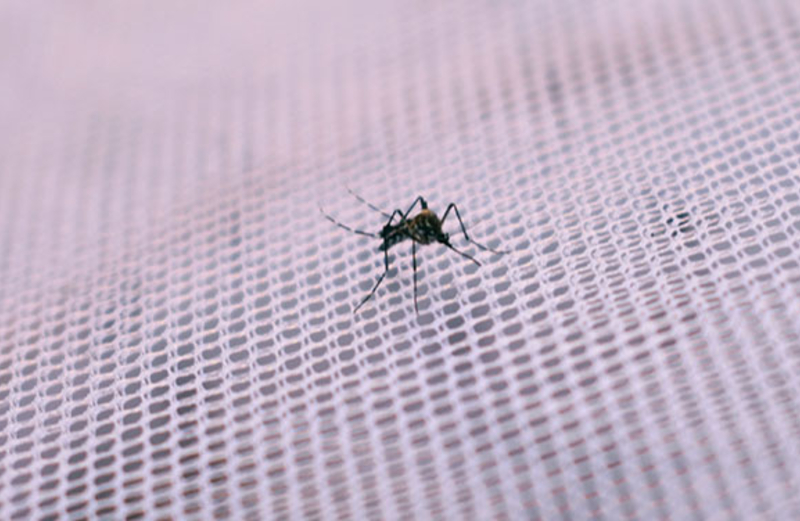Eradicating Malaria vector in Mosquito through gene drive in Africa

Malaria is spread by female mosquitos (vectors) that pick up the parasite from an infected person then inject it in to the blood of the next person being bitten. Historically, this fact has been known for a long time and medicines to treat malaria have been developed. Currently, efforts are doubling-up to also focus more on the cause of malaria, the mosquito. New tools are being developed through genetic alteration to control mosquitoes and eradicate malaria in Africa.
On 01 June 2017, a team of experts led by Prof. Aggrey Ambali, Head of NEPAD Agency Industrialization, Science, Technology and Innovation (ISTI) paid a courtesy call on the West African Economic and Monetary Union (WAEMU) Secretariat in Ouagadougou, Burkina Faso to facilitate the necessary dialogue to allow for concerted efforts in building regulatory capacities to effectively manage this innovation. This courtesy call to UEMOA is very important because gene drive technology for malaria vector control involves organisms that are mobile. Therefore, regulation of transgenic insects will have to take into account trans-boundary issues. In this case, a regional regulatory approach needs to be pursued in addition to the national regulatory systems approach. This will require building strong collaborative arrangements between countries and harmonizing technical requirements and processes for regulating transgenic insects, the most practical being at regional level. NEPAD Agency already has established mechanisms for establishing joint working groups that can work at regional level on regulatory matters which will be adapted for this project.
During the courtesy call, the NEPAD Agency team of experts had discussions with the Regional Programme Coordinator on Biosafety, Mr. Saidou Kina who highlighted the progress and status of WAEMU regulation to date. Prof. Ambali shared with Mr Kina the importance of the recently concluded study tours (Colombia and Brazil) for the health and environmental regulators from West Africa who participated and indicated that a follow-up meeting on gene drive is planned in the coming week and will take place in Accra, Ghana.
Harmonized guidelines and other technical documents for WAEMU are in advanced stages and are ready for regional consultation prior to adoption at ECOWAS level and finalization. A request has already being considered to help facilitate harmonization processes for regulating synthetic biology and gene drive technologies in the Regional Economic Communities in the continent.
It is important to state that building regulatory systems for novel vector control approaches through the NEPAD Agency platform will expedite the process at national, regional and continental level and contribute to the eradication of malaria by 2030 in Africa.



